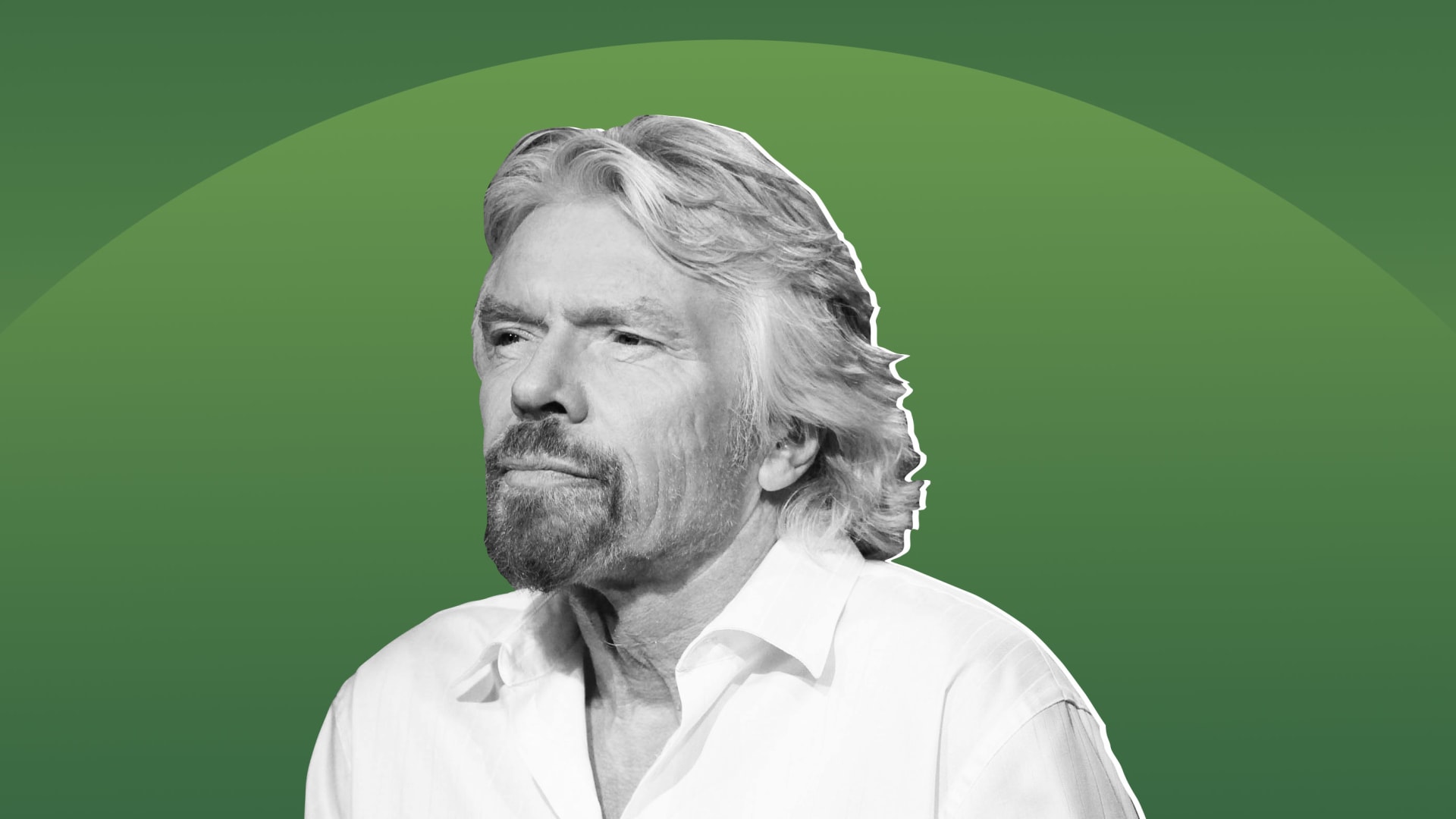
Business leaders have been grappling with employee engagement issues for decades. The solution, however, remains simple: Treat your employees well and they’ll treat their customers well, even if one day that employee ends up leaving.
Sir Richard Branson, the billionaire business magnate and founder of the Virgin Group, understood that the benefits of caring for your employees first — including developing them to become successful at what they do — far outweigh the risks of potentially losing them later.
In a 2014 tweet, Branson made it plain and simple that your employee is your greatest asset and worth the long-term investment. Here’s the lesson in a few words:
Train people well enough so they can leave. Treat them well enough so they don’t want to.
Most CFOs will probably cringe at the first half of that quote. Investing in employees through training and development efforts is a luxury that many companies cannot afford, especially in industries with high turnover jobs. In the age of recent phenomena like the Great Resignation and Quiet Quitting, it’s just too darn expensive to hire and train people looking for greener grass a few months later.
And yet many other companies do exactly that — pour into their workforce with the belief that if you take care of people’s needs, they will give you their best effort (and not quit).
Let’s give Branson’s two-part quote a closer look.
1. “Train people well enough so they can leave.”
First, we need to define the word “train.” While training in and of itself varies by industry, across the board people are looking for training that will not only give them the skills and tools to make them better in their jobs, they are looking for growth and development that will make them better human beings.
According to a study of more than 18,000 frontline workers across 150 companies, lack of career growth is the No. 1 reason for turnover. People aren’t looking to just clock in, clock out, and cash their checks. They are looking for meaningful work that helps them develop their skills and build a career path.
Armed with the necessary skills that will not only elevate their capacity to perform well but also elevate their human spirit to be and do their best, productivity will soar, and motivated, self-driven employees will deliver nothing short of the best results.
Could your employees at this stage feel the urge to leave? Of course. As they gain knowledge and expertise, they may feel that they can contribute more by themselves elsewhere, if not shown more open doors to walk through. This is innately human and something every leader must accept: people have the desire to grow and take on new challenges.
This is where the second part of Branson’s quote is so crucial.
2. “Treat them well enough so they don’t want to.”
This is where effective leadership comes into play. If you lead your employees well, and you hired the right employees for the job, you will retain most of them. Unfortunately, part two of Branson’s quote is where most business leaders fail. They will take their employees through the proper and necessary training to help the business succeed but forget to value them as human beings.
A sign of leadership greatness is creating a caring organization that relies upon the knowledge of individual contributors, rather than the classical hierarchical organization, which relies on the knowledge of the top of the hierarchy. Leaders who are looking ahead to continuously train and upskill their employees and develop their competencies for future roles have a distinct advantage. As they create the framework for people to learn, grow and progress in mastery, intrinsic motivation is unleashed, and their willingness to leave their jobs is greatly decreased.
This post is written by Marcel Schwantes.
Original post link: https://www.inc.com/marcel-schwantes/in-a-few-words-sir-richard-branson-gave-a-priceless-lesson-on-what-separates-great-leaders-from-pack.html

